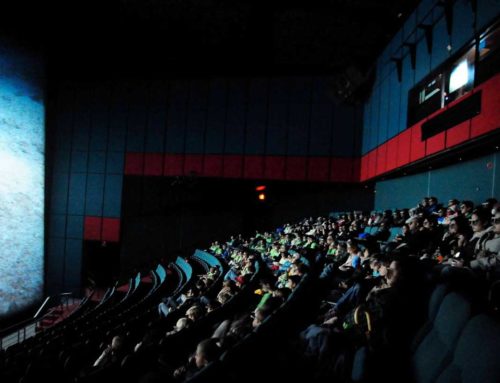[by Ross Browne]
Can an inherent limitation in the medium of film compel Lee Child to take a seminal character in contemporary fiction to a whole new level?
I remember it like it was yesterday, the conflicting moment during a hotly contested game of Scrabble when I learned that there was finally going to be a movie made from a Lee Child book and that Jack Reacher would be played by Tom Cruise. (This was well before before the more recent Amazon Prime Reacher mini-series that’s turning so many heads.)
It didn’t take too long to get past my objection to the casting choice once I sat down to watch the movie. One Shot, the novel on which the movie was based, was a good story, and Tom Cruise did a good enough job, I suppose. I was pretty bitter by what I subsequently learned about Cruise buying the film rights to the series and casting his own 5’7 babyfaced frame to the role of someone whose size and physical prowess is so central to his character, but I wanted to like the movie and did my best to give it a fair shot. (Bad pun… sorry…)
Anyhow, what surprised me as I watched was the experience of getting restless about an hour in, and soon enough I was reaching for the remote. I wasn’t bored exactly, but I was a long way from the level of engagement inspired by any of the Reacher novels I’ve read, One Shot included.
A look at reviews of the movie and book versions of this story suggested I’m not alone. Folks seemed to love the book but only like the movie, and this got me thinking…
(Spoiler Alert!)
One reason for this may be that the movie deliberately made it crystal clear from the beginning that James Barr wasn’t the actual shooter and that he was being framed. This took an element of mystery out of the equation, and as a result the engagement that stems from wondering if the accused was innocent or guilty was lost. This could definitely be a factor for someone who didn’t know the story.
Another reason is that for everything good that can be said about Jack Reacher as a memorable, series-worthy character, he’s not particularly deep and in my view not (yet) one who translates very well to film very well, at least in one important respect. Now that Reacher has taken flight in film and the possibly for screen adaptations of Reacher novels not yet written exists, I can’t help but wonder if future books might take a leap forward if Lee Child made the conscious effort to give the screenwriters more to work with on the characterization front.
One thing that makes Reacher so compelling is his investigative mindset, the way he thinks, and how he plans his moves when things get physical as they so often do in Jack Reacher novels. While a movie can dramatize his physical strength and certain aspects of his cunning effectively, it can’t–without a voiceover or something along those lines–capture and convey this element that for my money is central to Reacher.
It’s Lee Child’s skill with interior monologue and internal narrative exposition that gives his books and his protagonist this certain edge. He takes us deep into the mind of a thoughtful, intelligent brute who uses his mind as much as his physical prowess to get the upper hand and emerge unscathed from most confrontations. Strip this away and we’re left with a far less engaging character who perhaps has room to “grow” in other ways.
This isn’t to say that there are aren’t some solid points of characterization. Reacher is a fascinating guy–a loner, a wanderer, uncomfortable with material possessions, and usually unable to stay in one place for more than 400 pages or so. He’s fearless, aggressive, quick to resort to physical violence, but he’s also very principled in many respects. He’s smart and fiercely loyal and has a lot of good qualities that are consistent from book to book.
But there are some points where we don’t see this consistency. In some books, he’s a big fan of the blues and listening to a library of music in his head but in others there’s no evidence that he cares for music at all. In some books, he’s obsessed with math and numbers, and in others he doesn’t ever ponder their significance. In some books he’s something of a lady’s man and in others not so much. In Never Go Back something potentially life changing happens when he learns he may have a daughter. But this somehow fails to take hold as a dramatic subplot, nor as a vehicle to deepen his characterization or take it to a new place. It just sort of happens without making much of an impact, and then becomes moot.
At the end of the day, Jack Reacher is so even-keeled and unflappable, even majorly dramatic life events or near death experiences are met with indifference. This isn’t a bad thing and it certainly keeps the focus on the plot and action, but it saps some potential drama and makes Reacher harder to bring character depth to in some respects. Still, I can’t help thinking that Lee Child could make a great series even better by being more attentive to aspects of characterization that don’t involve or rely on interior monologue.
I didn’t love Jack Reacher the movie but I’d be thrilled if the experience of having his book adapted helped Lee Child progress in his craft and take this endlessly entertaining series to a whole new level.






